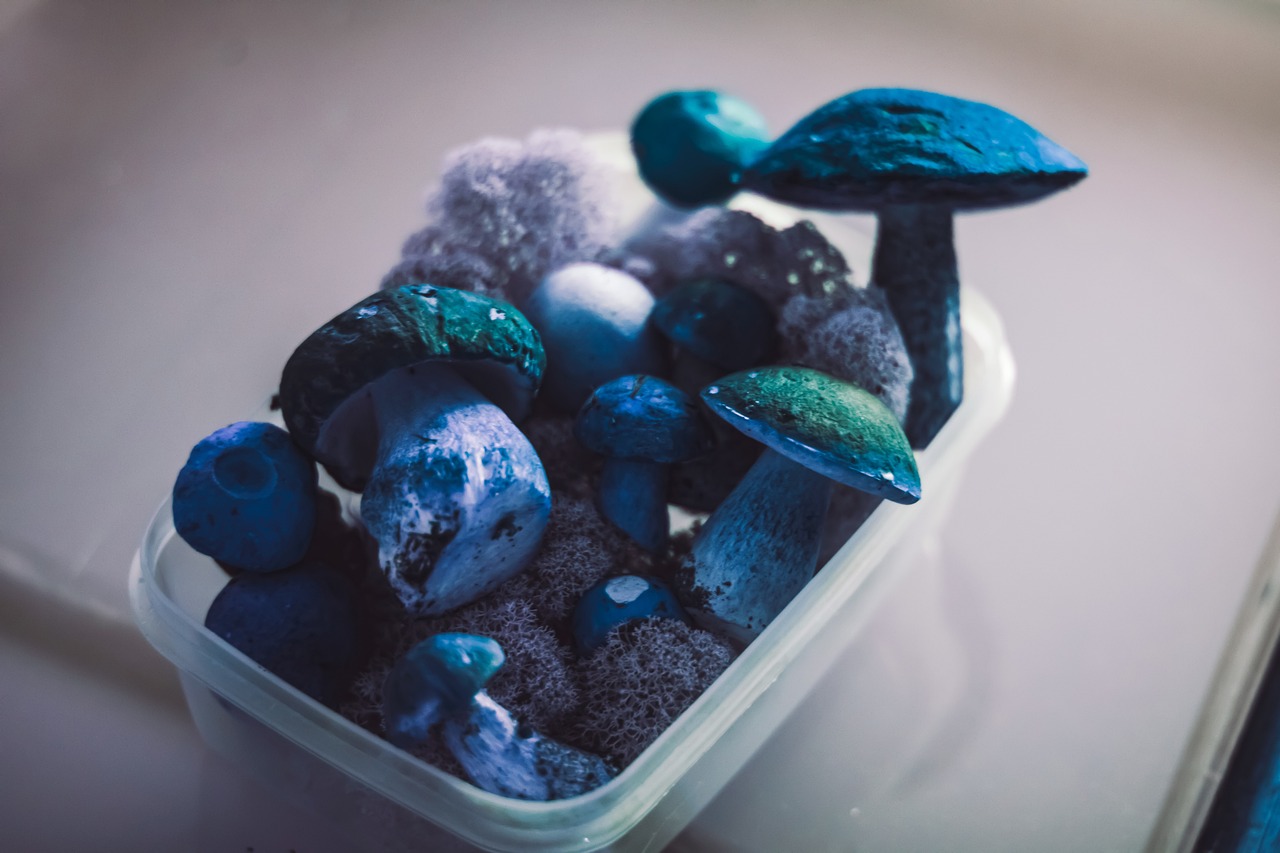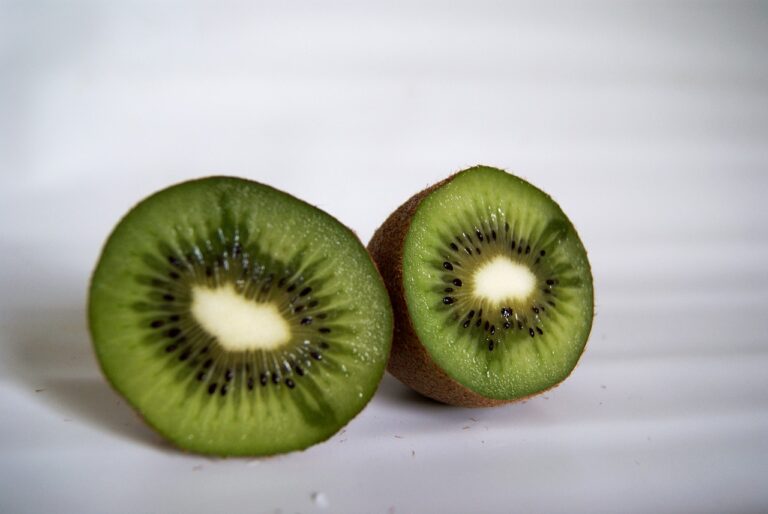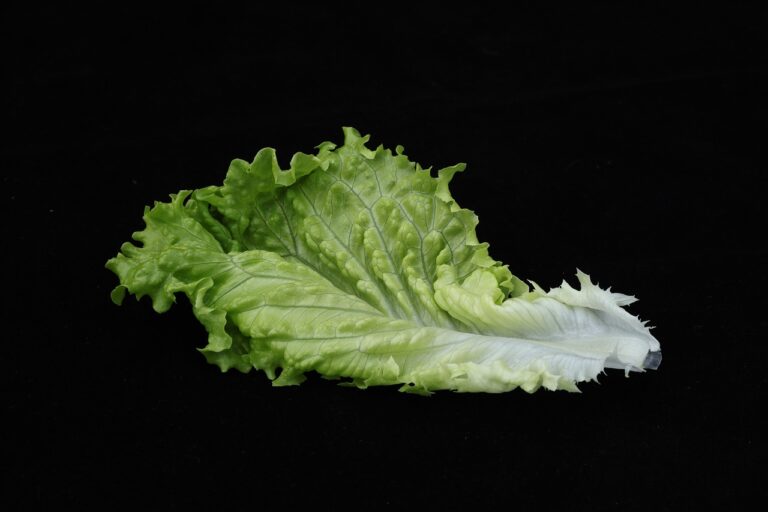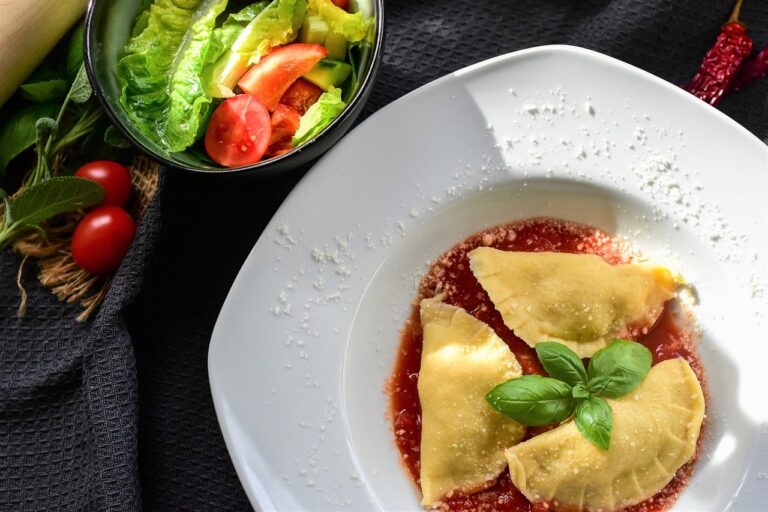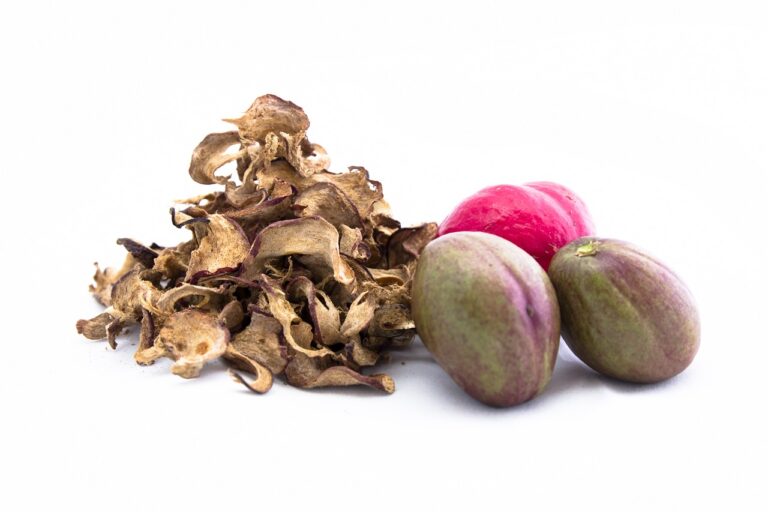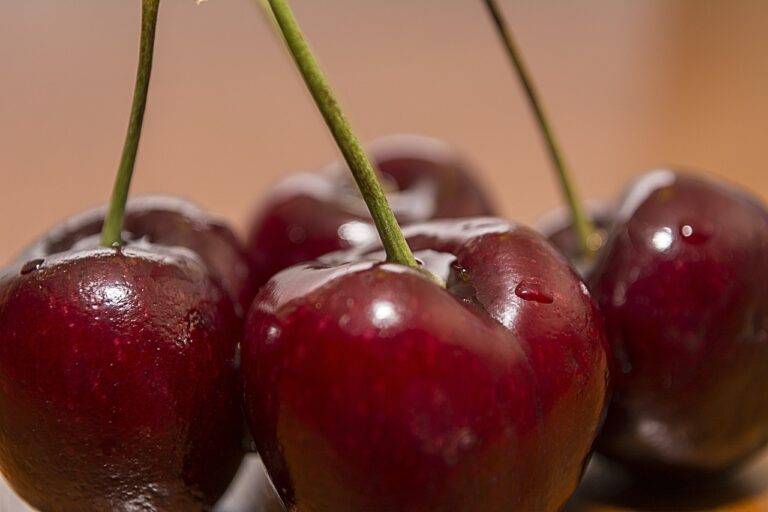Spotlight on emerging fruit varieties for pulp and puree production: Allpanel login, Mahadev online book, Cricket online id
allpanel login, mahadev online book, cricket online id: Spotlight on Emerging Fruit Varieties for Pulp and Puree Production
If you’re in the business of producing pulp and puree for various food products, you know how important it is to stay ahead of the curve when it comes to sourcing the latest and most exciting fruit varieties. Consumers are always on the lookout for unique and innovative flavors, and as a producer, it’s your job to meet their demands. In this article, we’ll take a closer look at some emerging fruit varieties that are perfect for pulp and puree production.
Exotic and Tropical Fruits
1. Dragon Fruit
Dragon fruit, also known as pitaya, is a visually stunning fruit with a vibrant pink or white flesh speckled with black seeds. It has a mild, sweet flavor that is perfect for adding a tropical twist to your pulp and puree products. Dragon fruit is also high in antioxidants, making it a healthy choice for consumers.
2. Lychee
Lychee is a tropical fruit with a sweet and floral flavor that is beloved in many Asian countries. Its juicy flesh is ideal for creating flavorful pulp and puree products that are perfect for use in desserts, beverages, and sauces. Lychee is also rich in vitamin C and other nutrients, making it a nutritious addition to your product lineup.
3. Kiwano
Kiwano, also known as horned melon, is a unique fruit with a spiky orange exterior and a gelatinous green flesh. Its flavor is a combination of banana, cucumber, and lime, making it a versatile ingredient for pulp and puree production. Kiwano is a great choice for adding a refreshing and exotic twist to your products.
Berries and Stone Fruits
4. Aronia Berry
Aronia berries, also known as chokeberries, are small, dark berries that are packed with antioxidants and other health benefits. Their tart flavor makes them ideal for use in pulp and puree products, adding a unique and complex taste to your offerings. Aronia berries are also a great source of vitamin C, making them a nutritious choice for consumers.
5. Plumcot
Plumcots are a hybrid fruit that combines the sweetness of plums with the tanginess of apricots. They have a juicy and flavorful flesh that is perfect for creating delicious pulp and puree products. Plumcots come in a variety of colors and flavors, making them a versatile choice for adding a burst of flavor to your products.
6. Saskatoon Berry
Saskatoon berries, also known as serviceberries, are small blue berries with a sweet and nutty flavor. They are rich in antioxidants and fiber, making them a healthy choice for pulp and puree production. Saskatoon berries are perfect for creating flavorful products that are sure to delight consumers with their unique taste.
Citrus Fruits
7. Blood Orange
Blood oranges are a type of orange with a deep red flesh that is rich in antioxidants and other nutrients. Their unique color and sweet-tart flavor make them a popular choice for pulp and puree production. Blood oranges are perfect for adding a vibrant and tangy twist to your products, making them stand out on the shelves.
8. Meyer Lemon
Meyer lemons are a cross between a lemon and a mandarin orange, resulting in a sweet and fragrant fruit with a thin skin. Their juicy flesh is perfect for creating flavorful pulp and puree products that are ideal for use in a wide range of applications. Meyer lemons are also high in vitamin C and other nutrients, making them a healthy choice for consumers.
9. Yuzu
Yuzu is a sour and aromatic citrus fruit that is popular in Japanese cuisine. Its unique flavor is a combination of lemon, mandarin orange, and grapefruit, making it a versatile ingredient for pulp and puree production. Yuzu is perfect for adding a zesty and refreshing twist to your products, making them stand out from the competition.
FAQs
Q: What is the best way to store pulp and puree products?
A: Pulp and puree products should be stored in airtight containers in a cool, dark place to help maintain their freshness and flavor. It’s also important to label containers with the date of production and use products within a reasonable timeframe to ensure the best quality.
Q: Can pulp and puree products be frozen?
A: Yes, pulp and puree products can be frozen to extend their shelf life. Simply portion the products into airtight containers or freezer bags before freezing. Thaw frozen products in the refrigerator before use to maintain their integrity.
Q: How long do pulp and puree products last?
A: The shelf life of pulp and puree products can vary depending on the specific fruit variety and production methods. In general, most products have a shelf life of 6 months to 1 year when stored properly. Be sure to check the expiration date on the packaging for guidance.
In conclusion, incorporating emerging fruit varieties into your pulp and puree production can help you stay ahead of the competition and meet the demands of today’s consumers. By exploring exotic and tropical fruits, unique berries and stone fruits, and zesty citrus fruits, you can create innovative and flavorful products that are sure to stand out on the shelves. Experiment with different varieties, flavors, and applications to discover the perfect ingredients for your pulp and puree lineup. Happy producing!

